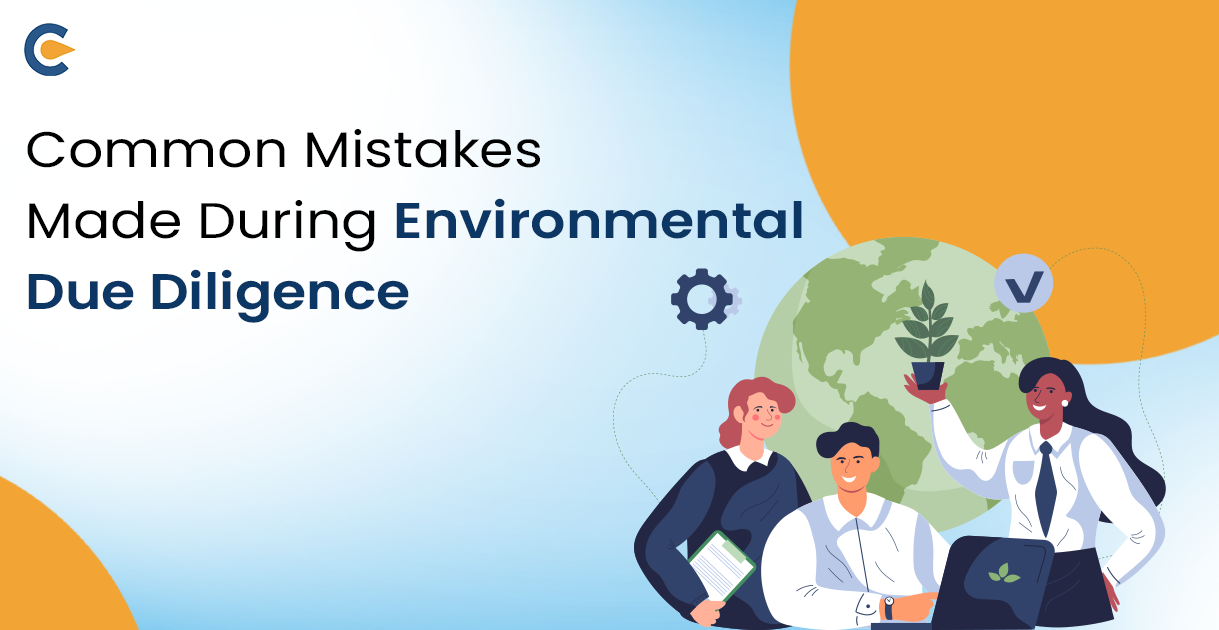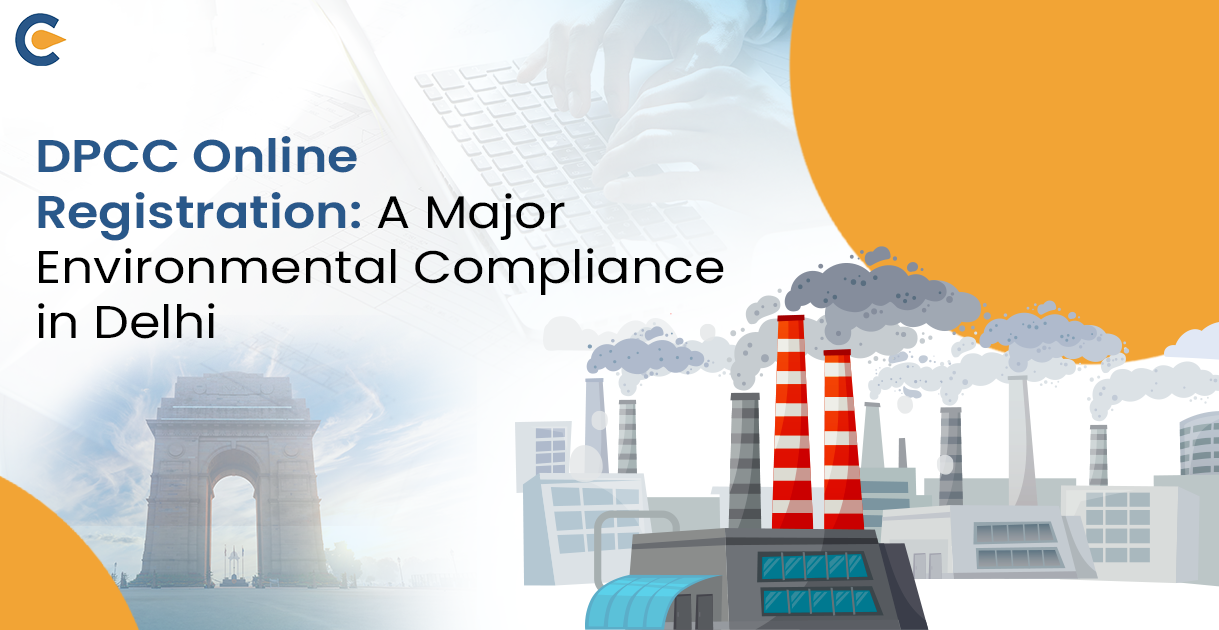The term Cleantech is often used interchangeably with green technology or sustainable technology. It’s a term referred to many different environmentally-friendly practices. As Indians are getting concerned about being sustainable and eco-friendly, the Cleantech Sector in the Indian (clean technology) market has witnessed significant growth in the past few years. The demand for Clean technology in many different businesses is increasing rapidly. The future and vision of the Clean technology sector in India are very bright as it helps to reduce or eliminate negative environmental impacts encouraging economic and social development.
Clean technology companies are growing with an uprising graph, and India’s current renewable energy capacity is 150+ GW and is expected to increase to a capacity of 300 GM by 2030. Some examples of clean technology sector include businesses aiming to reduce carbon footprint, smart agriculture, solar energy, renewable energy, sustainable transportation and recycling, and sustainable fashion.
Why Is Cleantech Industry Crucial For Future India?
The rapid growth of urbanization and utilization of natural resources is increasing gradually, and for the protection of the environment and fight climate change, India is adopting sustainable ways to improve living standards and also make the environment clean and green for a better future. Cleantech Sector in India is helping to fight climate change.
Clean technology in India not only refers to just generation of Renewable Energy but also covers Water and Wastewater Management, Electronic Waste disposal and recycling. The Clean technology range covers an array of products, services and processes that generate renewable materials and energy sources, which reduce the use of natural resources and eliminate emissions and wastes. We would discuss some of the environmental challenges we are facing as a planet are:
Climate Change: The rise of temperature or weather patterns and Clean technology can help reduce greenhouse emissions to reduce temperature and fight global warming through the efforts of the Cleantech sector in India.
Pollution: Additional of any harmful substance in the environment. It could be in the form of water, air, and soil pollution and will play an essential role in the Cleantech sector in India.
Biodiversity Loss: The cleantech sector in Indiamust also address the loss of biodiversity due to increased pollution and global warming. We are facing a vast challenge in the loss of biodiversity.
Food Loss: Food waste management is essential as it is generated during production, processing, distribution, and consumption.
The above-listed points are the primary concerns that affect the environment. Clean technology can help mitigate or reduce these harmful impacts and promote using green or sustainable technology.
Table 1: Sector-wise targets and cumulative achievements (as of 31.12.2021)
| Sectors | Target by 2022 (GW) | Installed capacity (GW) | Under Implementation (GW) | Tendered (GW) | Total Installed/ or in the Pipeline (GW) |
| Solar Power | 100 | 49.35 | 40.86 | 20.52 | 110.73 |
| Wind Power | 60 | 40.08 | 9.65 | 1.50 | 51.23 |
| Bio energy | 10 | 10.61 | 0.00 | 0.00 | 10.61 |
| Small Hydro | 5 | 4.84 | 0.36 | 0.00 | 5.20 |
| Hybrid/Round the clock (RTC)/Preaking Power/Thermal+RE Building | 0 | 0 | 5.44 | 4.80 | 10.24 |
| Total | 175 | 104.88 | 56.31 | 26.82 | 188.01 |
Source: mnre.gov
Cleantech or Green Technology Based Businesses in India
Everyone benefits from the implementation of Greentech because by implementing green or sustainable technology, we are stepping forward towards sustainable development and supporting the environment. Almost every company can participate in green technology, help conserve natural resources, and maintain its corporate sustainability and social responsibility image in the market. The following are some sectors using Cleantech or green technology-based Businesses in India.
Generation of Application of Renewable Energy in the Cleantech Sector in India
Energy generation is a great contributor to GHG and, therefore, climate issues, so fossil fuel and unrenewable should be replaced and conserved to threaten the environment less.
Generation of Application of Solar Energy
Solar energy uses solar panels installed in the area where the source of sunlight is maximum and helps generate more solar energy. India averages around 300 sunny days, which amounts to about 1600 – 2200 kWh per square meter, translating to about 6 billion GW hours of potential solar energy production.
Generation of Application of Wind Energy
Wind turbines produce no emissions at the time of operation and hence is considered one of India’s Clean technology or most sustainable technology. The country currently has the world’s fourth highest wind installed capacity with a total installed capacity of 40.08 GW (as of 31st December 2021) of which 1.46 GW was added from January to December 2021. The number of units generated from wind power projects from January to December 2021 was 68.08 billion units.
Generation of Application of Energy from Biomass
In India, biomass fuels more than 32% of the primary energy consumption (primarily as a cooking and heating fuel and not as a fuel for electricity generation). It is available to almost 70% of the Indian population. It accounts for 12.8% of the total renewable energy capacity installed. With an estimated availability in India of about 500 million tons of biomass per year, 120 – 150 million tons is available for power generation. The policies and incentives are the significant advantages of entering the biomass sector in India.
Hydroponics in Agriculture
Agriculture is also a massive contributor to global greenhouse gases. Implementing smart agriculture can minimize environmental effects, and it is done using nutritive media. Utilizes less space than regular farming, less water and no seasonal limitations.
Development of Sustainable Transportation
Transportation contributes a significant greenhouse emission in the atmosphere, ultimately leading to global warming due to the release of carbon monoxide, carbon dioxide, and nitrogen oxide. Introducing an electric vehicle is a good alternative that helps minimize pollution and is an energy-saving alternative and one of the best Greentech.
Businesses Modelled On Recycling
Using more recycling materials should be encouraged, as it’s a powerful tool to increase sustainability efforts. Recycling more plastic products and electronics products can generate less plastic and e-waste in India; recycling can reduce the use of virgin products and works in the circular economy.
Small Hydro Projects
Small Hydro Projects (SHP) are advantaged by not facing deforestation and resettlement issues like their larger counterparts and have the requirements to meet electricity requirements in remote areas. According to the International Journal of Electrical Engineering and Technology (IJEET), there are 5415 potential sites to set up small hydropower plants in India. The total potential capacity of these sites will yield about 14.3 GW of power.
Generation of Biofuels
As biofuels seek to supplement petroleum and diesel, the Indian Government intends to increase energy security while keeping a check on energy prices. However, the reality in India is that most biodiesel producers have started using inedible oils and oil waste (due to lower prices) instead of Jatropha seeds, which is an agro-product and therefore offers opportunities for agriculture too. Second-generation biofuels derived from non-food sources such as Karanja oil (Pongamia oil derived from seeds of the Millettia tree) and microalgae are considered the most suitable options for addressing energy security in India.
Government Initiative and Policies for the Cleantech Sector in India
The policy and regulatory environment are critical in stimulating the acceleration of clean technology in India. Central (Federal) and State level jurisdictions govern the current clean technology policy. The Central Government introduced the National Action Plan on Climate Change (NAPCC) in 2008. It outlines a national strategy that aims to adapt to climate change and enhances the ecological sustainability of India’s development path. Under this plan, the Government has identified particular core “National Missions” spread across clean technology industry sectors.
- Jawaharlal Nehru National Solar Mission
- National Wind-Solar Hybrid Policy
- Generation Based Incentives (GBIs) for Wind Energy
- Energy Efficiency (Clean Development Mechanism (CDM) specified by the Kyoto Protocol (IPCC 2007)
- Regulatory Framework Policy (Renewable Energy pricing falls under the purview of Electricity Regulatory Commissions (ERCs) in the states of India)
- Policy and Regulatory Environment for FDI and Investment in Clean Technology
Future of the Cleantech Sector in India
The clean technology Industry is set up to achieve growth and advancement. Due to the increased depletion of resources, urbanization and climate change, investments in clean technology are required. Companies are being established to gain the idea and use of clean technology. India is investing billions into this sector, and because of this, it’s known to be one of the biggest markets in this lookout. The developed countries have been transporting advanced technology to protect the environment in India. India put forward a strong business perspective for its foreign investors, so some top companies actively participate in the Indian Clean Technology sector or industry.
Conclusion
India actively participates in the Cleantech sector in the Indian industry with appreciable efforts and investments. And in this year’s budget, we focus mainly on seven sectors, one of which is green growth. The Government is formulating several regulations so companies can easily purchase renewable electricity from state distributors. And with the increasing pollution, there is a tremendous demand for clean power to boost energy and reduce pollution; thus, India is becoming more developed and sustainable in clean technology. Because of this, most eco-friendly investors are approaching the Indian Clean technology industry with great interest.
Also Read:
How To Obtain BIS Certification For Solar Panels In India?











